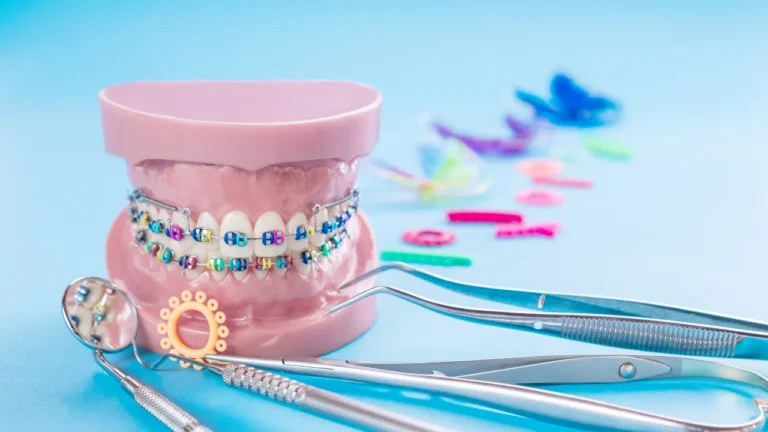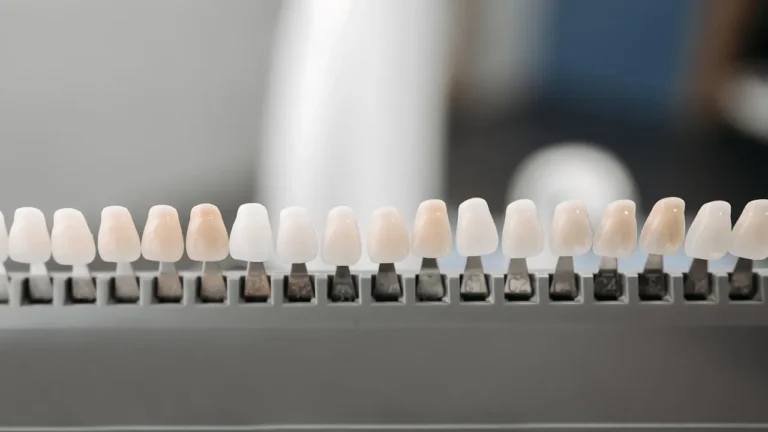Maintaining healthy gums is essential for overall oral health, but many people are unaware of the simple steps they can take to prevent gum disease.
In this post, we’ll provide you with actionable tips and insights from dental experts to keep your gums healthy and strong.
Daily Oral Hygiene Practices
- Brush Your Teeth Twice a Day: Brushing your teeth twice a day with fluoride toothpaste is the cornerstone of good oral hygiene. Use a soft-bristled brush to avoid gum irritation, and replace it every 3-4 months, or sooner if frayed.
- Floss Daily: Flossing removes plaque and food particles from between teeth and under the gumline, areas unreachable by your toothbrush. This simple habit can significantly reduce gum disease risk.
- Use Mouthwash: Consider incorporating an antimicrobial mouthwash into your routine to further reduce plaque and prevent gingivitis . Swish for 30 seconds after brushing and flossing for optimal results .
- Proper Brushing Technique: Brushing technique is as important as frequency. Hold your brush at a 45-degree angle to your gums and gently brush in short strokes, covering all surfaces of your teeth.
Regular Dental Check-Ups
- Schedule Biannual Dental Visits: Regular dental check-ups are vital for maintaining healthy gums. We recommend scheduling visits every six months for professional cleanings to remove tartar and detect early signs of gum disease.
- Professional Advice and Guidance: Our dental team offers personalized recommendations to help you maintain good oral hygiene at home. Discuss any concerns or symptoms with your dentist for early detection and treatment of gum disease.
Healthy Lifestyle Choices
- Balanced Diet: Eating a balanced diet rich in vitamins and minerals supports gum health. Focus on foods high in Vitamin C (citrus fruits, leafy greens) and calcium (dairy products, almonds).
- Avoid Tobacco Products: Smoking and chewing tobacco significantly increase gum disease risk. Quitting tobacco can improve your gum health and overall well-being.
- Limit Sugary Foods and Drinks: Excess sugar can lead to plaque buildup, a major cause of gum disease. Limit sugary snacks and drinks, and always brush your teeth afterwards.
Recognizing Early Signs of Gum Disease
- Symptoms to Watch For: Be aware of the early signs of gum disease for prompt treatment: red, swollen, or tender gums; bleeding while brushing or flossing; persistent bad breath or a bad taste in your mouth.
- Importance of Early Intervention: Early detection of gum disease can prevent it from progressing to more severe forms like periodontitis. If you notice any of these symptoms, schedule a dental appointment as soon as possible.
References
- [1] Mayo Clinic. (2022, August 12). Brushing your teeth: Use the right method to protect your smile. https://www.health.harvard.edu/blog/whats-the-right-way-to-brush-your-teeth-202211232854
[2] American Dental Association. (2020, September 15). Flossing. https://bcfdental.com/five-reasons-why-you-should-floss-every-day/









